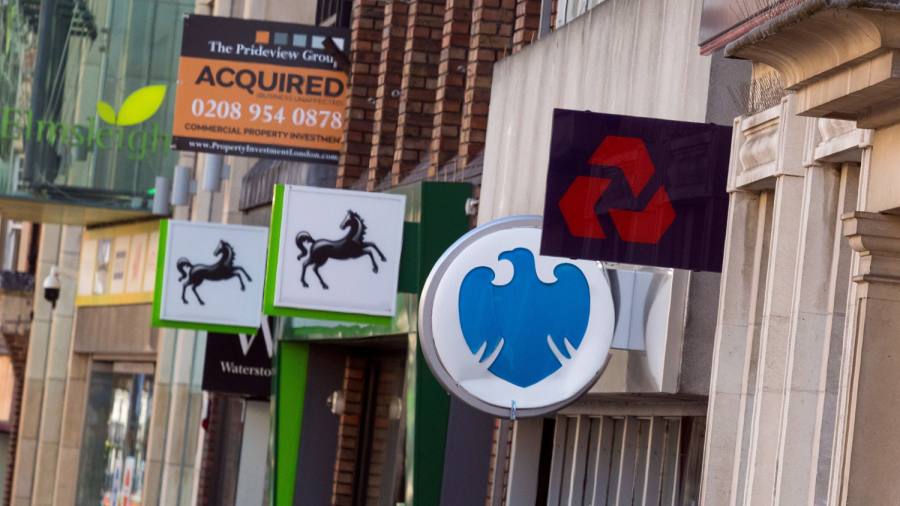
Christmas is approaching but UK banks must feel as if they are still on Santa’s naughty list. After a decade in the doldrums, the gift of rising interest rates has arrived, boosting net interest income. But the pleasure could be shortlived. UK chancellor Jeremy Hunt is reportedly preparing to source much-needed government revenues from the coffers of banks in order to fill a fiscal gap of at least £40bn.
A tax on an unpopular sector may appear the easiest solution. To some, UK banks are mere utilities. But as conduits of capital through the economy, more taxes on them further clogs the financial system. For shareholders, a potential single-digit percentage hit to earnings offers little consolation.
As it stands, banks pay an effective tax rate of 27 per cent, comprising 19 per cent corporation tax and 8 per cent bank surcharge. On top of this, there is an existing bank levy on certain liabilities. With corporation tax set to rise to 25 per cent, even a reduction in this surcharge will mean an increase. If lowered to 5 per cent, the effective tax rate goes to 30 per cent.
That is pocket change, adding perhaps half a billion pounds annually to the Treasury at the lower end. Some will bay for even more taxes.
Share price reactions on the day reflected worry about earnings. Lloyds Banking Group and NatWest, which are the most exposed, fell up to 4 per cent and 3 per cent respectively at one point. But consider that two-year forward earnings expectations for the sector have risen by half since the start of the year in line with the rates outlook, according to Refinitiv data.
Bank share prices have dropped 5 per cent since the start of the year as a recession approaches. The sector has never been cheaper on a forward price/earnings multiple of about 5 times.
One positive is that a tax on profits would avoid interfering with the Bank of England’s monetary tightening. Previous floated proposals to lower the rate earned on reserves parked at the BoE would have effectively loosened policy on overnight rates.
With UK banks reporting third-quarter results next week, politically adept chief executives may well try their best to downplay improving profits. Lex has noted that net interest income should bounce year on year by about a fifth for NatWest, Lloyds and Barclays’ UK bank. To help offset any largesse, expect higher loan provisioning in the second half of 2022.
Our popular newsletter for premium subscribers is published twice weekly. On Wednesday we analyse a hot topic from a world financial centre. On Friday we dissect the week’s big themes. Please sign up here